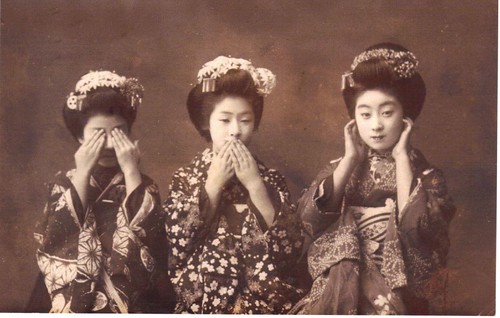Tisha B'Av is not a good day. The five misfortunes that led to it being declared a day of fasting include: the generation that left Egypt being sentenced by God to die wandering in the wilderness; the destruction of the first Temple by the Babylonians; the destruction of the second Temple by Rome; the defeat of the Bar Kokhba Revolt by Rome; and the razing of the Temple Mount in revenge for the Bar Kokhba Revolt.
| This is what happens when people mess with Rome. That and nearly 2 million deaths. |
However, the truly weird thing is this. We are totally, 100% convinced that this is all our fault. The reason the Talmud gives for the destruction of the second Temple is not, "Because that's what happens when you get into a fight with the Roman Empire." The reason is, "Because people didn't like each other, and said mean things about each other."
 |
| This is not only a good idea; it's God's law! |
1. God delivered us to our enemies, so now life is filled with humiliation, poverty, starvation, rape and cannibalism.
2. This is our own damn fault for being bad people.
3. Repent.
So that's the holiday in a nutshell. Also, we sit around singing dirges, such as Eli Tziyon.
